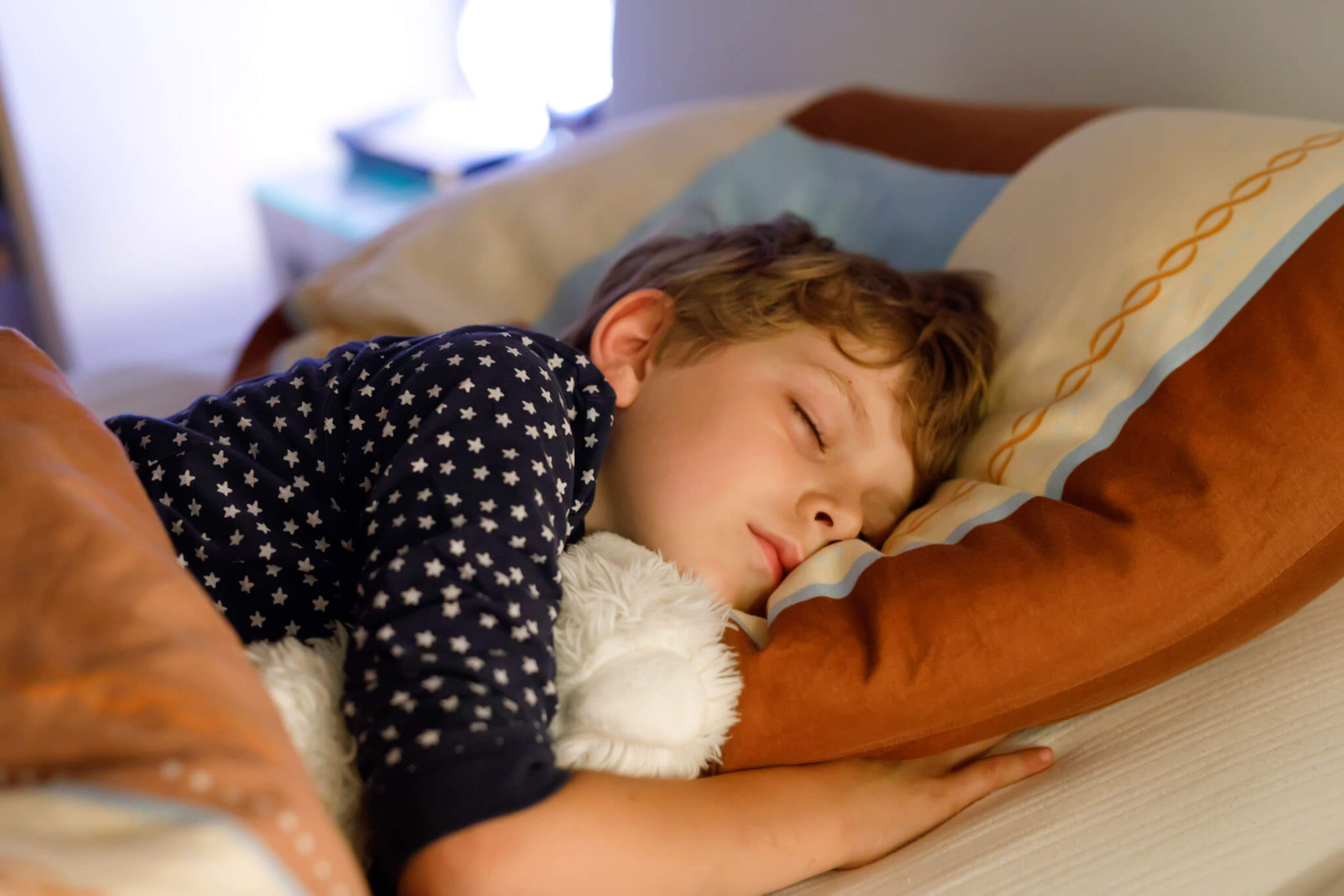
Scientific Evidence Shows Moshi App Helps Kids Sleep Better, NYU
Moshi, makers of the sleep and mindfulness app, teams up with researchers at NYU Langone Health on a new experiment to test its effectiveness on the sleep habits of children
London, Sept 2020 – With 72% of parents finding their children’s bedtime the most stressful part of the day¹, it is no surprise that it can be a challenging experience for the entire household. A recent experiment, commissioned by Moshi, the #1 audio sleep and mindfulness app for kids, and conducted by researchers at NYU Grossman School of Medicine, has uncovered a series of significant results with scientific evidence that proves that Moshi improves the sleep habits of children.
The results of this research, exploring the app’s effectiveness in delivering better sleep quality in children, are delivered alongside increasing apprehension around going back to school amidst the uncertainty of a global pandemic. While the full repercussions of Covid-19 will not be known for some time, experts anticipate that the associated societal response will have wide‐ranging impacts on youth development and mental health. Further to this, the potential for sleep problems to emerge, or worsen, during the pandemic is high, impacting both children and their parents.
As part of the experiment, researchers at NYU Langone Health investigated how this new app can help with sleeping patterns and behavior in children, including children with autism or ADHD. The findings revealed that the sleeping audio app significantly improved children’s sleep health.
Top findings from the study include:
- All children who participated fell asleep sooner, slept longer and did not wake up as much during the night when they used the Moshi app
- On average, children went to sleep 28 minutes earlier
- On average, children’s sleep duration increased by 22 minutes
- The number of night awakenings for children who woke up several times a night was reduced by 50%
- The number of night awakenings for children who woke up once in the night decreased by 27% among Moshi app users.
- Parents experienced improvements in their own sleep using self-reported subjective measures
“Poor sleep is a growing health issue that affects the whole family. As a father, I know first-hand that if kids cannot sleep, the entire household suffers,” said Ian Chambers, CEO of Moshi. “With the ongoing stress and uncertainty brought on by Covid-19, and kids returning to school, more parents are looking for effective tools to help keep their children positive and calm. The results of this experiment show significant scientific evidence that Moshi can help children sleep, providing credible validation backed by experts at NYU to support the countless testimonials and reviews we’ve had from parents to date. This is a huge step in supporting our mission to make a billion families happy and healthy by helping kids sleep.”
“As a preliminary experiment ahead of a larger trial on children’s sleep behavior, we have conducted an in-depth experiment that has yielded significant scientific insights that show how audio tools like Moshi help children fall asleep quicker and stay asleep for longer,” added Azizi Seixas, Ph.D., assistant professor, NYU Langone Health, who is a co-investigator of the study and a Moshi board member. “From the mindful exercises that children can participate in during the day, to the bedtime stories at night, an audio app like Moshi helps ground children and gives them a sense of calm before bedtime. Sleep is important for boosting energy levels, improving memory but also it helps kids manage anxiety and stress while reducing their focus on any negative thoughts.”
Alicia Chung, EdD, MPH, assistant professor in the Department of Population Health at NYU Langone Health oversaw the experiment alongside Dr. Seixas and declared, “the Moshi app significantly improved critical domains of sleep health for children: sleep duration, sleep timing and night wakings.” “As a mom and as a researcher, these are the most important areas of sleep for your child,” says Dr. Chung. “I was especially elated to see the improvements in sleep duration by 22 minutes. Not just because sleep duration is pivotal to affecting children’s mood, focus and appetite the next day, but because of the diversity of the sample (50% Black) and the utility of an accessible tool to close a sleep health disparities gap.”
- Moshi User Survey of 643 users (March 2019)
- Editorial Perspective: Perils and promise for child and adolescent sleep and associated psychopathology during the COVID‐19 pandemic (May 2020)